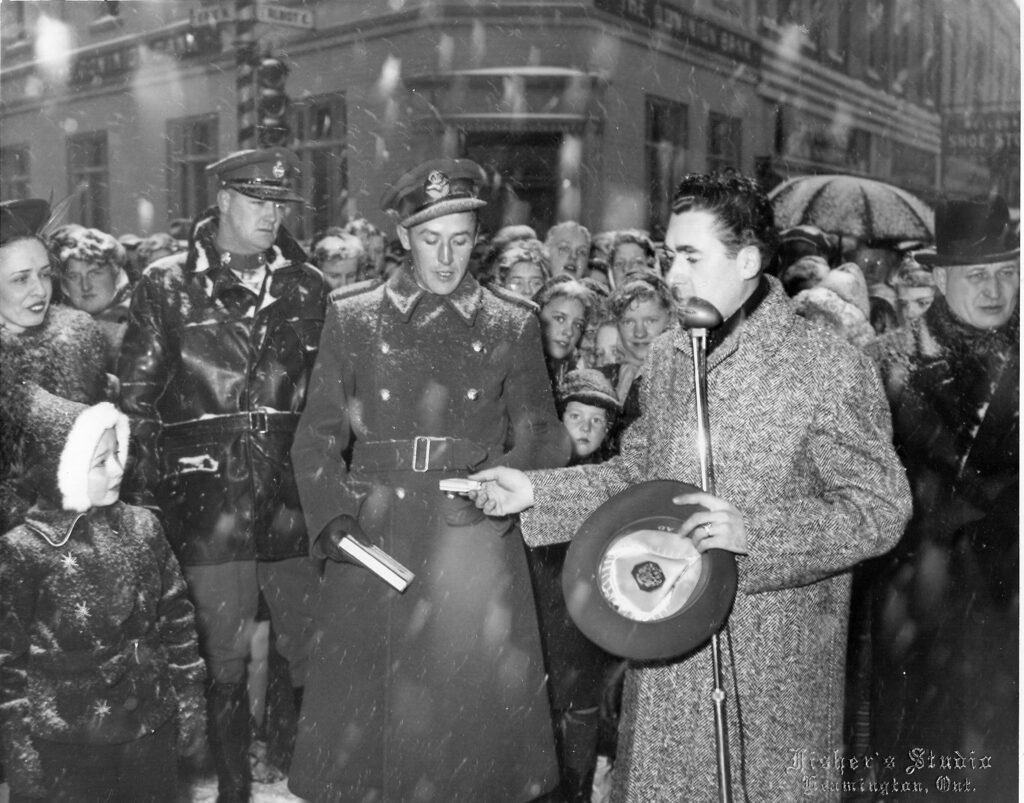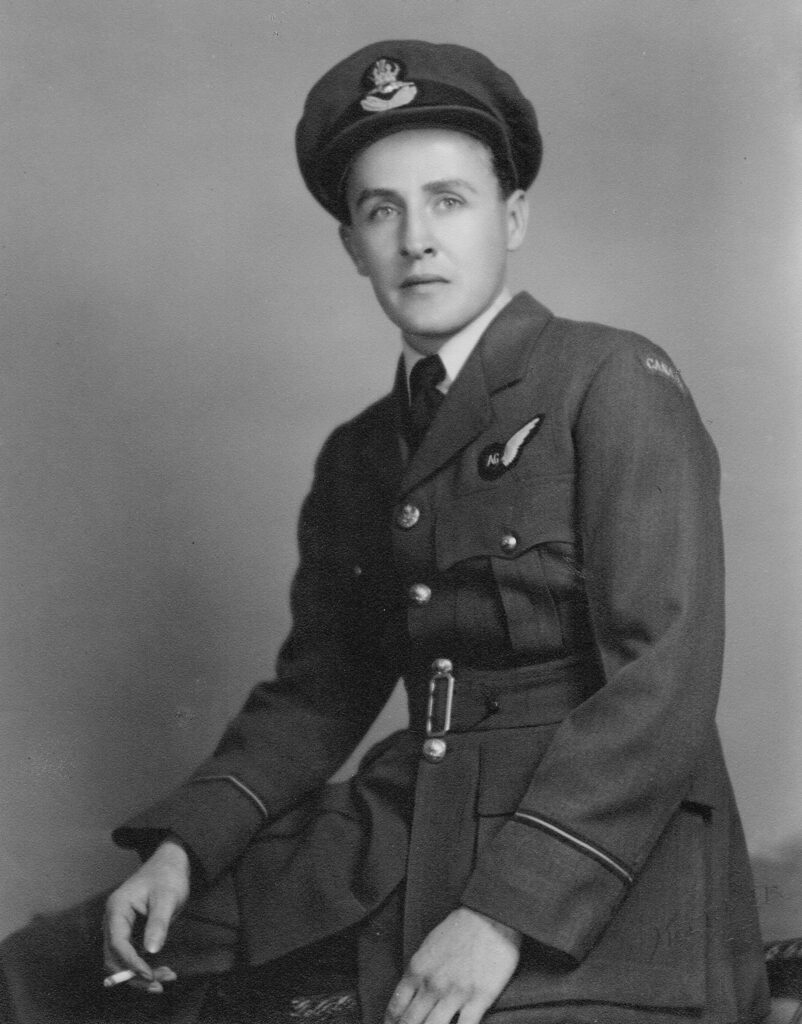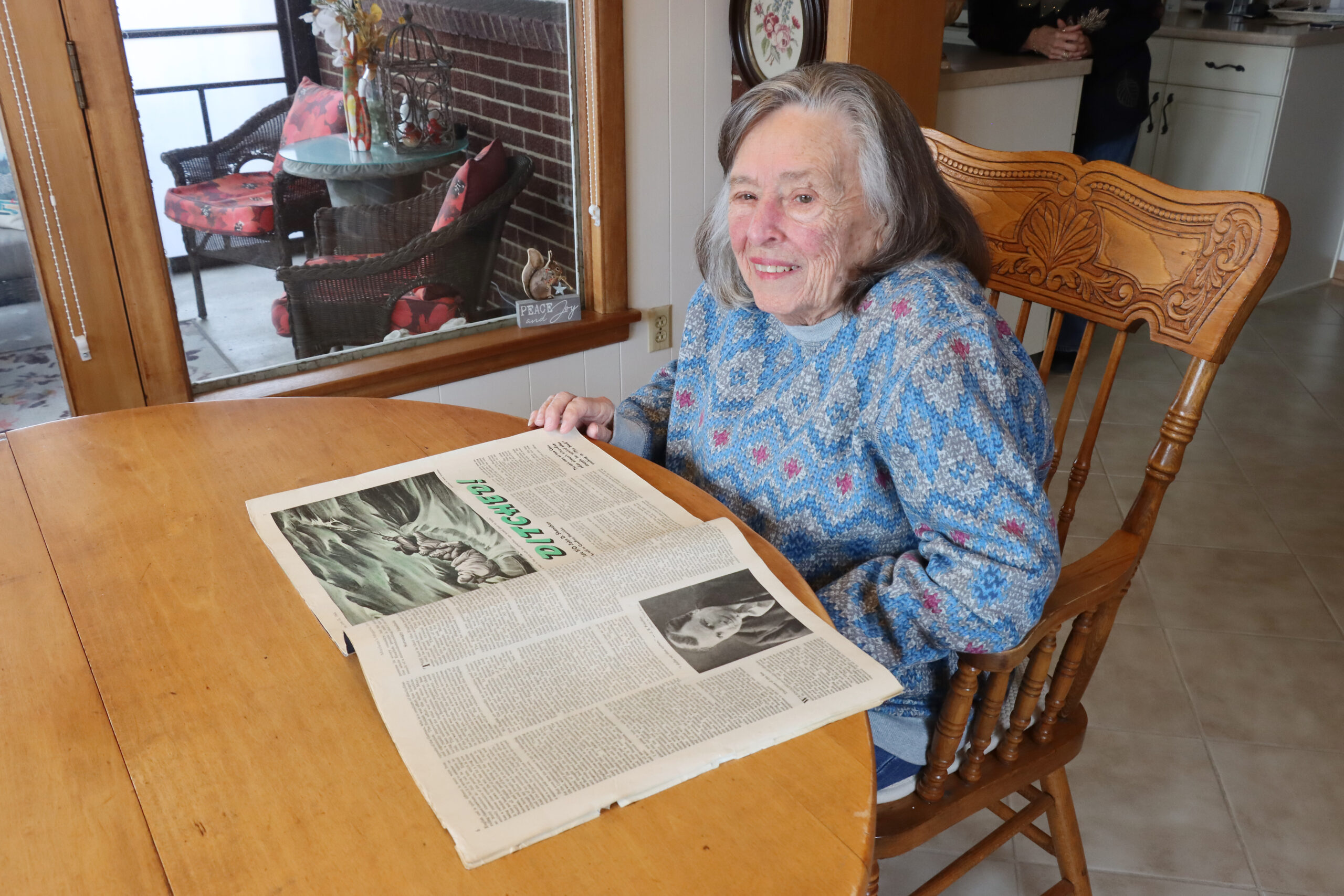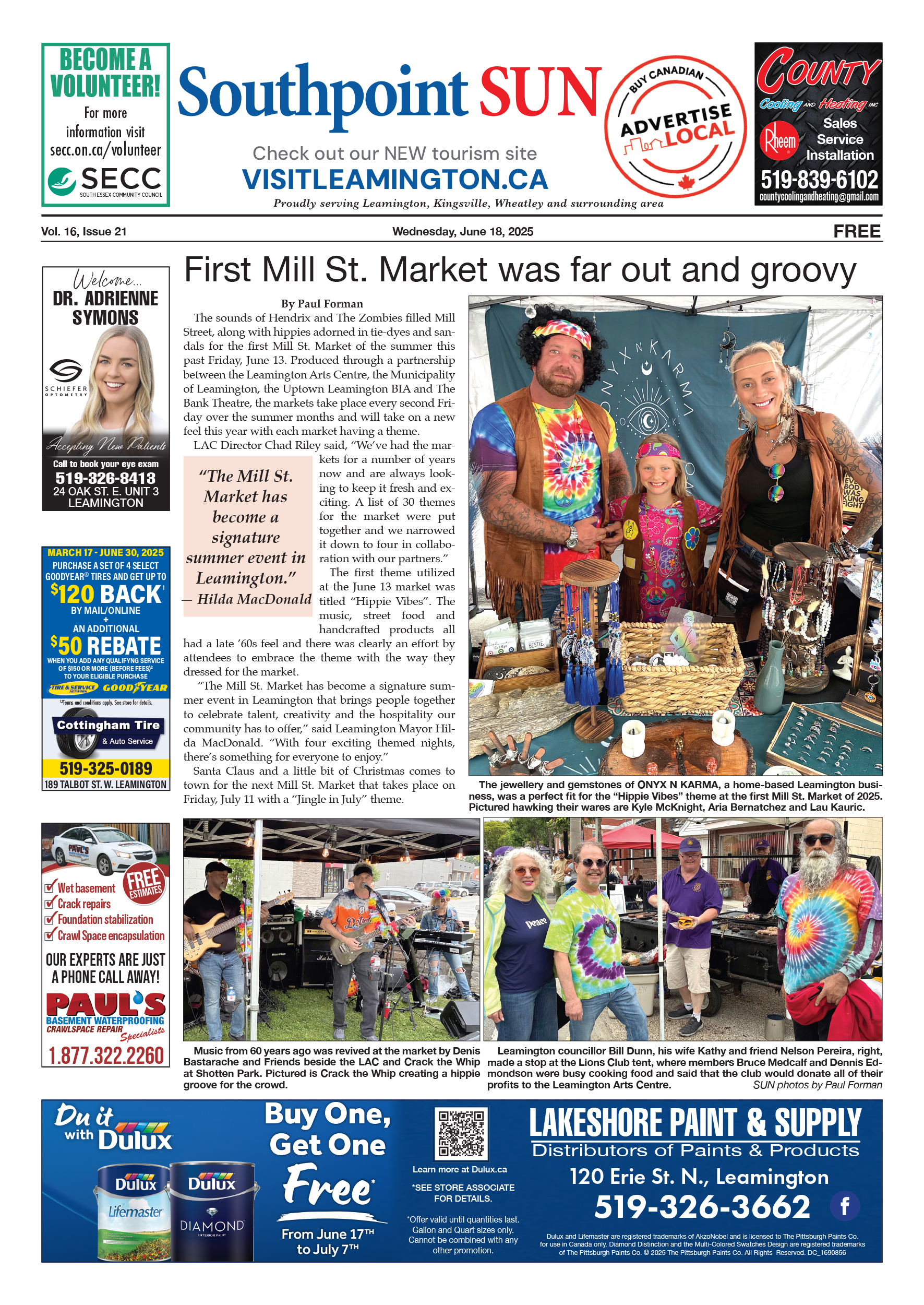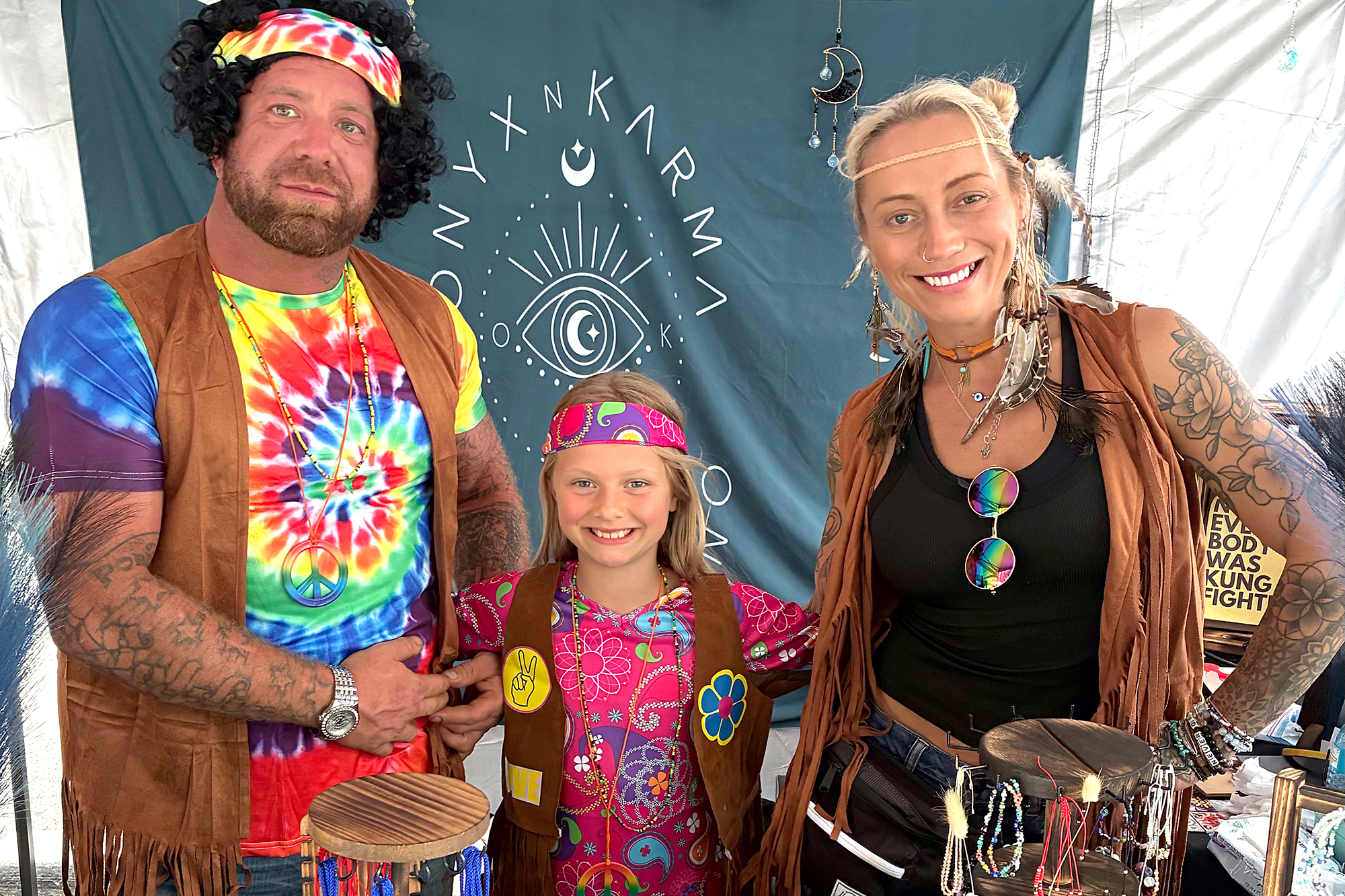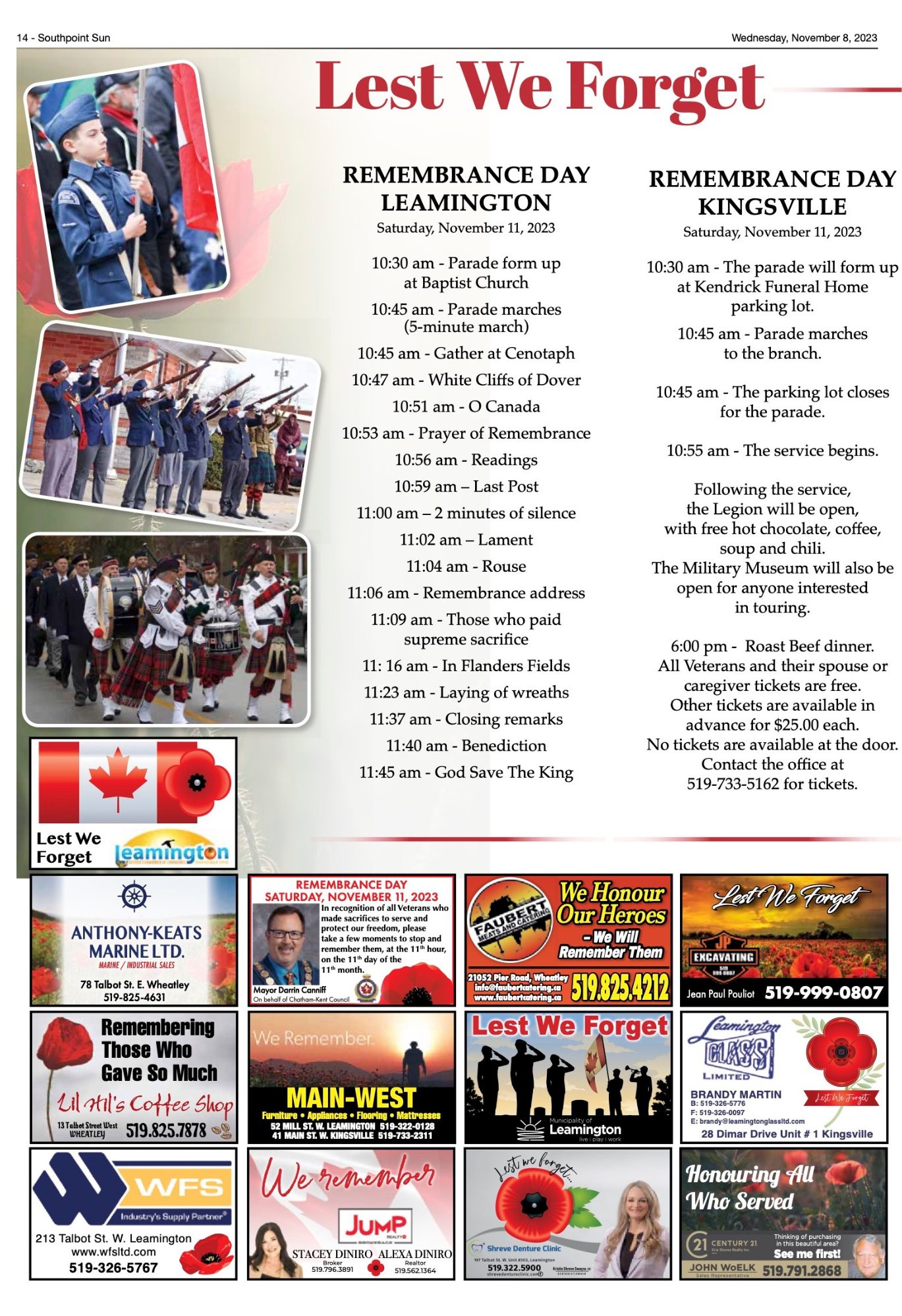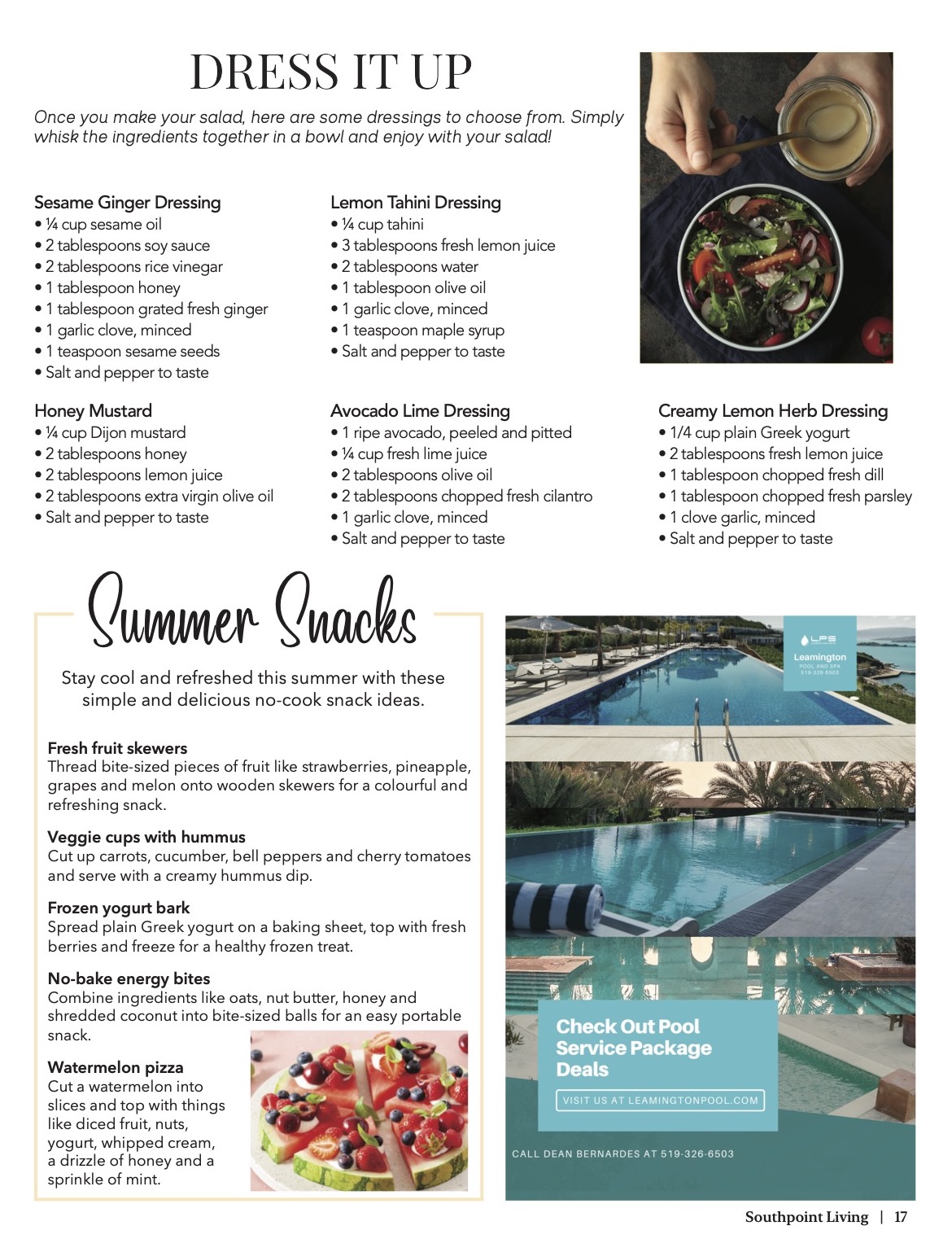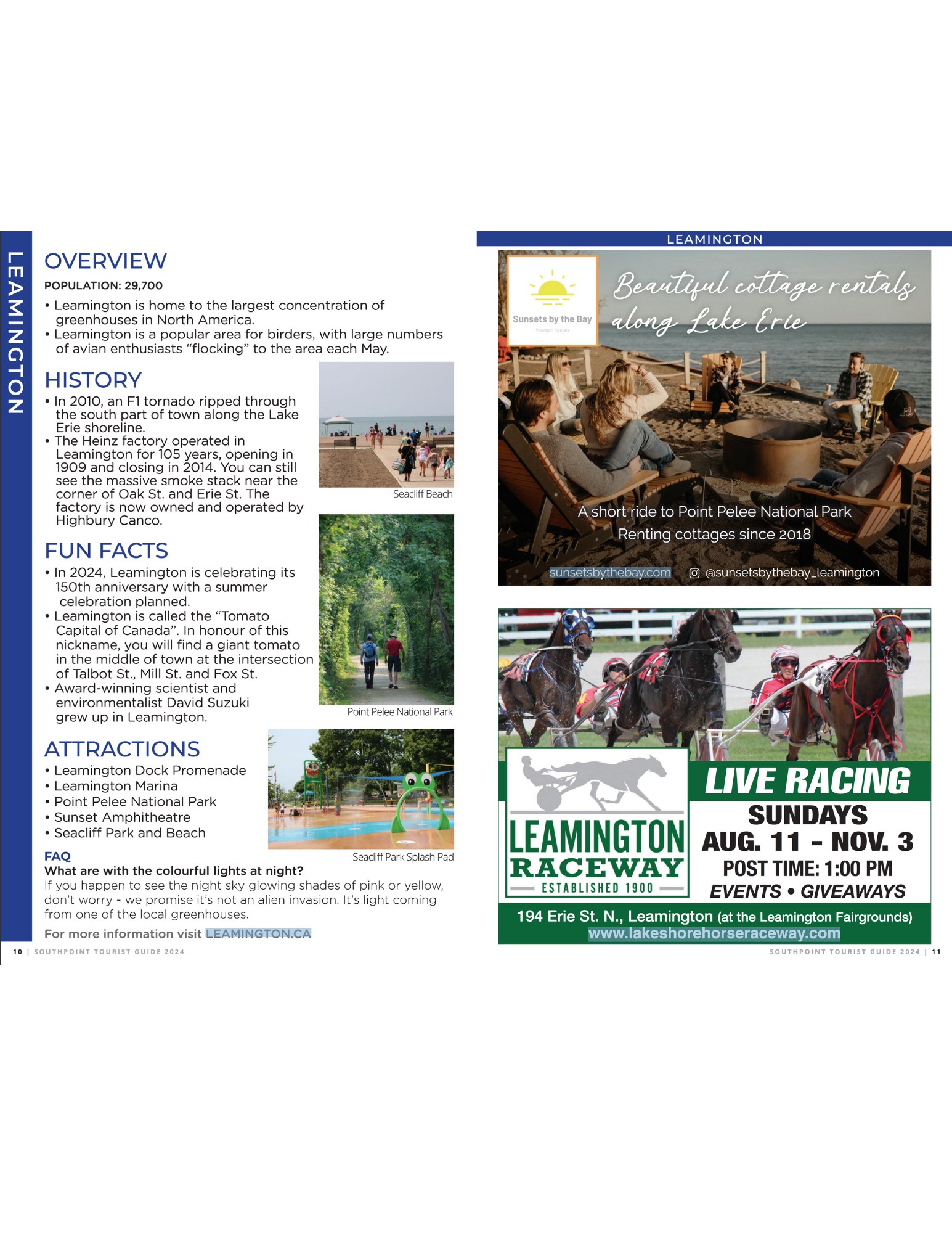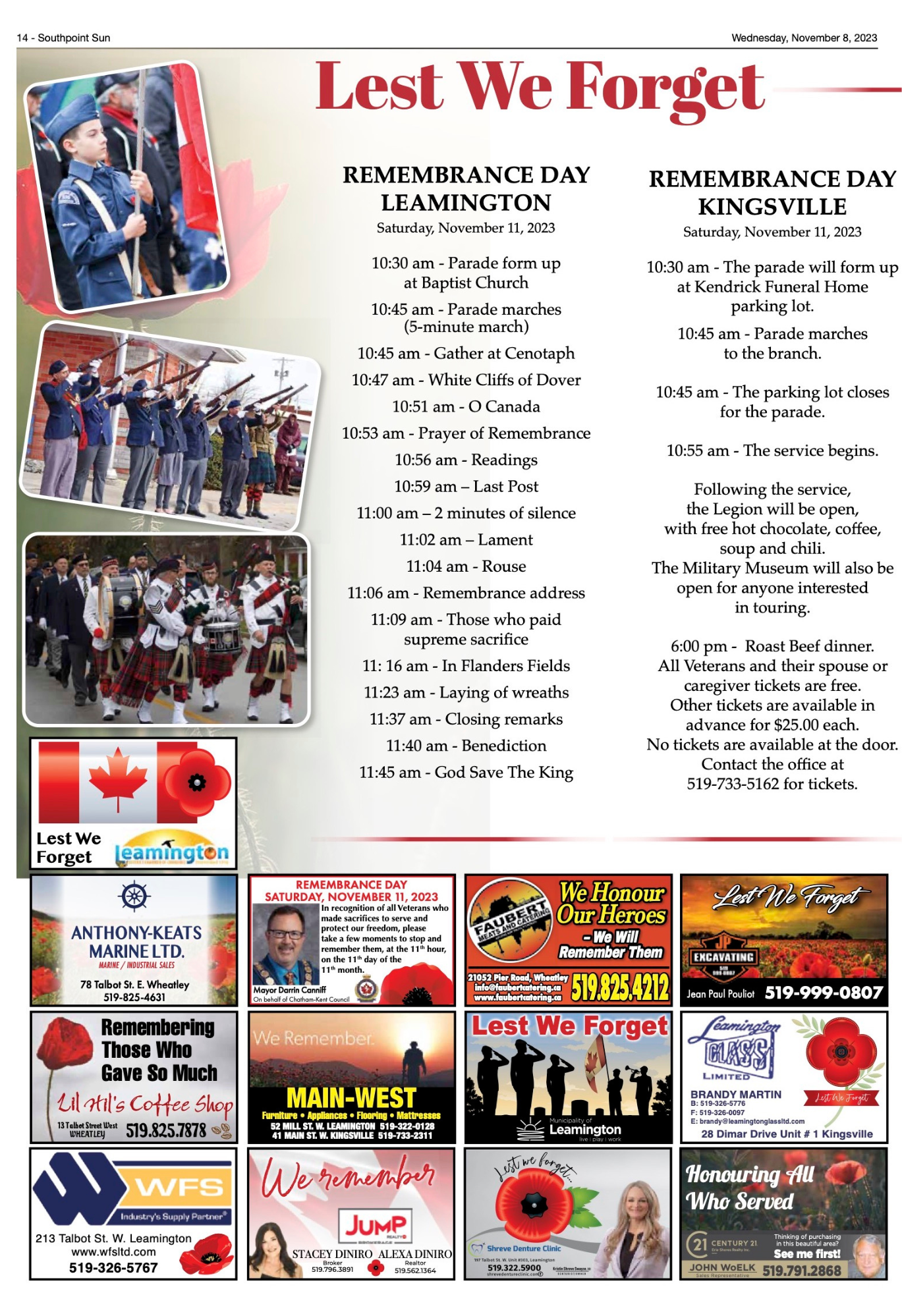By Mark Ribble
Leamington flier Lewis Rymal once spent nine days aboard a dinghy in the Mediterranean Sea with four other men, eventually washing up onshore near Oran, Algeria.
Rymal, the front gunner on a Wellington Bomber being transported from London, England to Benghazi, Libya, was among just two survivors after all was said and done.
He and RCAF Sergeant Don Shanahan of Toronto were among five who initially survived the crash of the Wellington somewhere off the coast of Gibraltar in January, 1942.
One of their group, Australian Flying Officer Lloyd George, was badly hurt and suffering from a concussion before deciding to heave himself overboard — never to be seen again.
Two others — English Pilot John Gardiner and Sgt. Thomas Webb, both died just as they reached shore.
Rymal and Shanahan – the only two Canadians aboard the doomed flight – were strong enough to climb the cliffs in Algeria, only to be captured and interned in a Vichy French P.O.W. camp for several months.
Only Rymal made it through World War II, after returning home and then re-enlisting and heading to Winnipeg. Shanahan was killed later in the war on bomber missions for the RAF.
A giant welcome-home party for Rymal was held at the four corners of Leamington after he was released from the POW camp and sent back home.
Large crowds filled the street to welcome him, where the address was given by Mayor Phil Fader, backed by Chamber of Commerce President, Mr. Al Law.
Leamington Branch 84 Royal Canadian Legion President Bert Watson presented the 27-year-old Rymal with an associate membership at the Legion.
His baby sister, Carolyn Roadhouse, now 90, lives in Leamington and remembers the ordeal all too well.
“I remember that day,” she told the Sun last week. “Two men came to the front door and wanted to talk to dad. They took him out to their car.”
Carolyn says that when her dad returned, he broke the news to her mother that Lou was missing in action. Her mother collapsed to the floor.
It was just over a week later that they received a telegram from a woman who worked at the hospital in Algeria where Lou had been taken.
And shortly after that, a telegram from Lou arrived that read with three simple words — “safe and sound.”
Carolyn says that her big brother was a life-long bachelor and a quiet man who was an accomplished golfer.
“He’d come back to Leamington often and everyone wanted to play golf with him when he was in town,” she said. “He never married and played golf every day in Winnipeg, and also ate dinner at the club every day.”
Carolyn was about eight years old when Lou returned from the camp and she remembers hearing him having nightmares after he came back.
“His room was next to mine,” she said. “But we were told ‘don’t ask questions.’ “
He was among four Rymal boys to go to war and they all came back, even though his ordeal was one that nobody would envy.
Rymal’s fellow survivor Shanahan told the story of how they survived for nine days adrift in an article published in Mac-lean’s magazine in 1944. Carolyn still has that magazine at her home.
By the time the article was published, Shanahan had already died in yet another plane crash over Scotland.
He had told the story of how they ended up where they did to a Maclean’s reporter.
“None of us had had any sleep from the time we pranged into the deck and we were getting so tired, we were dopey,” he said. “It took every ounce of willpower to stay awake. Actually, during the entire nine days there were only about six hours when we could relax – and four of these were spent in paddling furiously while trying to reach the coast of Spain.”
Flying Officer George was the first of the five to give up.
“He took off his Mae West (life jacket) and his leather flying jacket. He said he wanted to dry off,” said Shanahan. “After awhile, he put his jacket on again and said he wanted to sit on the stern gunwale and stretch his legs a bit. Suddenly he heaved himself overboard.”
That was the last they saw of him.
The current carried the remaining four to the Algerian shore, where they washed up on a small beach.
“It was four o’clock in the morning,” continued Shanahan. “Over to the east there was a faint greyness in the sky. Then Lou and I tried to haul Tim and Johnny out of the dinghy. But we soon gave up that effort. They were stiff. In the uncertain light their faces and hands looked bluish.”
